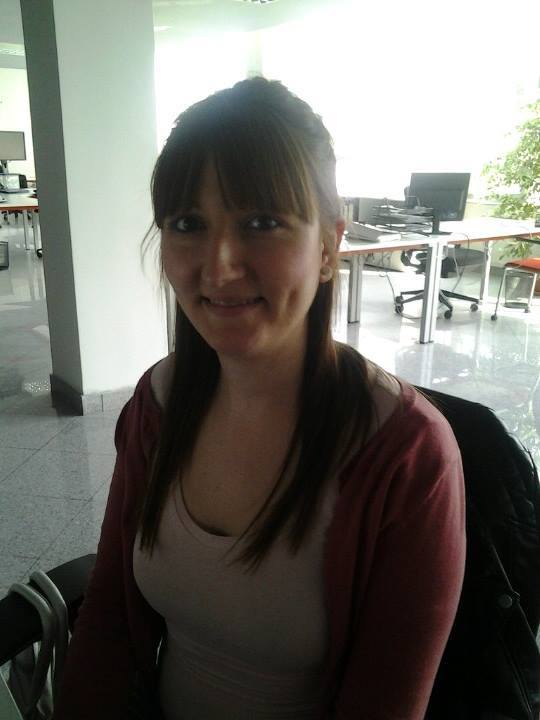Moving Beyond Intrinsic Motivation
Whether you choose to use traditional or online methods, learning a new language is one of the most rewarding goals you can accomplish in a lifetime. Traditional learning will always play an important role for many, but thanks to eLearning, continuing education has become far more accessible, which is a big win for self-motivated learners. Studies have also shown that eLearning can increase retention by 25-60%.
If you’ve always wanted to learn a second language, I’d say there’s no better time to start than now! Having said that, you should also keep in mind that an innate desire to learn, while vital, might not be enough to keep you on this path long term. Fortunately, with the right system in place, you can find the structure you need to help you go the distance.
Our Predisposition To Cognitive Overload
Once you get into learning a foreign language, it’s very common to get a rush from the experience. As a result, you might be eager to absorb more information than is advisable—something I know about firsthand. I started studying French when I was nine years old and continued studying it all throughout high school. In addition to French, I took up Spanish in my junior year and threw in a little Italian for my last year of high school. I was beyond motivated, but as I had previously stated, an eagerness to learn can only get you so far.
After a successful run of learning French, Spanish and Italian from elementary school all the way up to my final year in high school, respectively, I decided to continue my language studies throughout university. However, instead of focusing on the three languages I already had before me, the overachiever in me decided to take on one more: Ancient Greek—a choice that I quickly learned was a bridge too far. Within days, I dropped the course.
Many years later, I realized that no matter how ambitious I was at the time, I felt no affinity for Ancient Greek. I was trying to connect with a language that hadn’t been spoken or actively used for thousands of years. For me, learning a language just for the sake of learning it was unsatisfying and would never sustain me long term.
Soon after this realization, I noticed that there were others, like me, who were trying to take on a foreign language and all its complexities without any connection, and they too were experiencing the same feelings of confusion, frustration, and overwhelm. It became clear to me in that moment that if I wanted to become more effective, both as a language learner and instructor, I would need to shift my focus.
A Shift In Focus: Language As A Means To An End
Like many of you, I’ve often romanticized the idea of learning French. However, warm fuzzy feelings aside, language, in its most rudimentary form, is just a vehicle that gets us from A to B. It is a tool that helps us to accomplish something else.
Why do we study foreign languages? To be able to actively interact with another culture. That’s basically it.
Languages help us get around in a country, to communicate with the people, to enjoy a foreign film, a piece of literature, or to understand a bit of history. Languages are necessary when traveling to help us understand what we’re eating, or even find a bathroom when needed.
This means that the many tasks we’re able to accomplish through the use of foreign languages will be a much greater source of motivation than the language itself. Or, stated in another way, sitting down at a restaurant and learning to order a meal in French is far more rewarding than learning to conjugate a verb and memorize all of its tenses.
So, by simply shifting the focus of your lessons from the language to the actual tasks themselves, you’re opening the door to a greater learning experience and ultimately improved learning results.
Language Lessons Revolved Around A Task or Goal
Structuring a language lesson around a task or goal has a myriad of benefits. And although I learned of this method on my own through trial and error, task-based learning has been talked about in the learning community since the 1980s. There are differing opinions about its effectiveness, but for me, the benefits are undeniable. Studies have also shown that overall task-based learning offers more advantages than disadvantages to students.
Task-based learning, or task-based language teaching (TBLT) as it is also called, takes the pressure off of learning a language but keeps you engaged with the language as you focus on completing the activity. The end result is a more natural and authentic way of learning.
Not only do you get to apply what you’ve learned on a consistent basis, but each task achieved is a tangible win that brings you one step closer to becoming proficient in another language.
Since it’s easy to forget sometimes why we initially decided to learn a language, having a series of activities to accomplish also serves as a constant reminder and therefore keeps us invested in the process.
Task-based language learning promotes a constant connection with the language you’re learning and helps keep you motivated as you continue to improve your linguistic ability. Through this method, it’s also been reported that there’s a significant advantage over traditional methods in how the communicative skills of students are improved.
Another benefit of task-based learning is the flexibility and variety allowed when selecting goals or tasks. Activities could include: ordering something from a French website, joining a foreign-language message board, deciphering a French recipe to make a dessert that’s native to France, or other fun tasks.
This pragmatic approach to language learning is simple to execute, yet highly effective. It’s also a method that lends itself very nicely to eLearning, although it can be easily customized for a traditional classroom setting.
All of these factors combined make task-based language learning a worthwhile option for accelerating your learning while helping you stay the course with your language studies.







